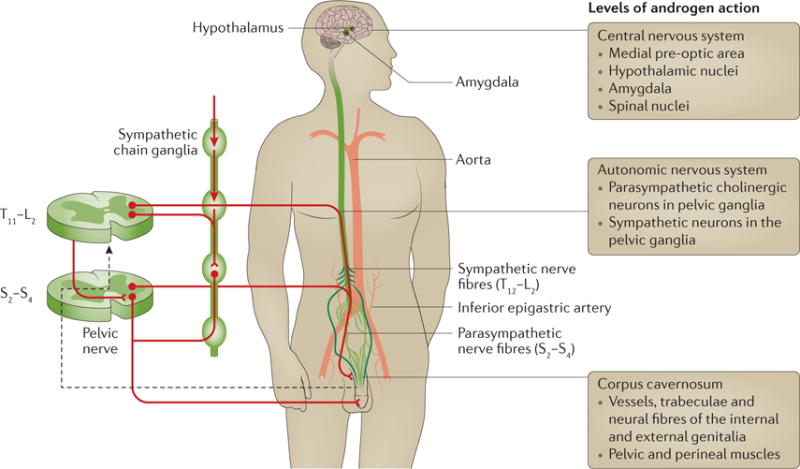Figure 5. Levels of androgen action in the control of sexual response.

Physiological effects of testosterone have been described in the regions of the brain that control sexual arousal at the spinal cord level (affecting neuronal firing from the pelvic ganglia) and within the penis (regulating endothelial and smooth muscle cell function). Testosterone has been shown to modulate the release of nitric oxide from non-adrenergic non-cholinergic fibres, and the functioning of nitric oxide synthase in endothelial cells. In the smooth muscle, testosterone modulates the activity of phosphodiesterase type 5, the kinase that regulates Ca2+ and K+ levels, and adrenergic receptor sensitivity. Figure modified with permission from REF. 53, Elsevier.
